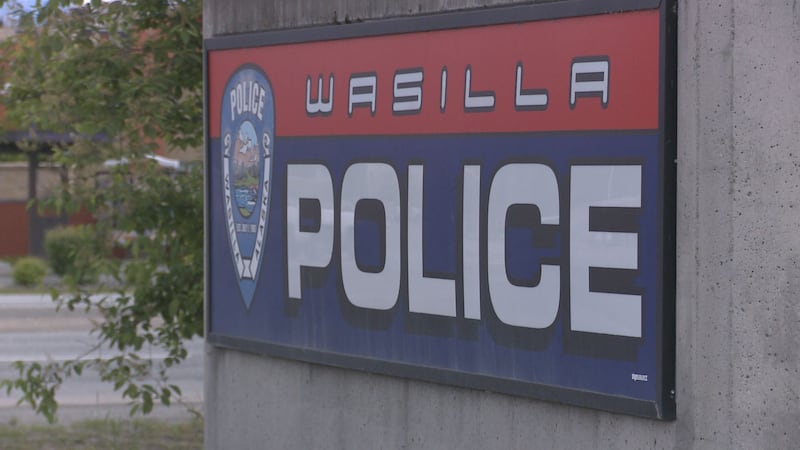Tununak flights canceled as state closes brand new airport for repairs

Tununak has a brand new $30 million state-owned airport.
That should be good news for the Western Alaska community composed of 300-plus residents, which for decades made do with an airstrip situated right on the coastline, a difficult spot to land due to frequent gale winds that force delays and landings that are uncomfortable or downright unsafe. Tununak is one of many places in the Last Frontier with no roads to the outside world, and safe air travel is key.
What's more, most of the funding came through in 2011, granted by a Republican Gov. Sean Parnell and members of his party who controlled the House and Senate and were riding the highest oil prices in Alaska history.
Even though the gravel airstrip and new inland facilities looked great at first, now there is a big problem: just a year after construction finished, planes can no longer safely take off or land due to significant runway damage.
As a result of the severe permafrost buckling, Alaska Department of Transportation officials have temporarily closed the airport and are scrambling to make repairs before winter hits, a situation that has residents on edge.
"It's frustrating, absolutely," said Shannon McCarthy, a DOT spokesperson. "It's unfortunately something that we see all the time. In this case, and in many cases, we're building kind of right on the ice-rich silt. Those soils are prone to settling. In this situation, we've had a little more settling than we normally see."
McCarthy said that a construction crew planned to depart for the village Monday but was delayed due to a storm system that is currently lashing the region. The plan is to get a crew on the ground to assess the damage as soon as possible, and ideally, to quickly make repairs with grading equipment left onsite after construction wrapped up; follow-up work, in any case, will likely be needed in spring.
Officials will not know until they assess the scene in person, but it appears that either permafrost is thawing more quickly than expected, or that the weight and distribution of the gravel -- an engineering flaw -- caused the damage.
"Once we get some colder weather, it's going to improve the situation because once we make some grading changes and fill in some of those low spots, then we'll have a much more stable base to work with," the spokesperson said in an interview.
Grant Aviation and Ravn Alaska, which both operate scheduled flights to the community, have placed those services on hold at DOT's warning.
"As soon as runway conditions improve and meet our criteria for safe operations we will resume service,” William Walsh, a Ravn spokesperson, said in a written statement.
Henry Simons of Bethel is a Grant pilot who for years has flown to Tununak. He believes gravel will need to be brought in to fix the problem, that working with a grader alone would leave the airstrip unsafe all winter. In a region with little infrastructure, getting supplies from one place to another on short notice could prove difficult.
"We never had any problems with the old runway," he said in a phone interview. "The new one is definitely nicer, but the permafrost or the gravel settling, it's dangerous to use."
The only way in or out right now is to take a four-wheeler several miles away to Toksook Bay, the site of the nearest functioning airstrip. For residents, the temporary closure means that mail from the United States Postal Service will not get in, and the situation could get worse.
"Their stores are probably already getting kind of thin, their store shelves are," he said. "If I were from Tununak, I'd want something done right here and right now. They're not getting any bypass or mail in, and it's such a hassle to four-wheel over to Toksook Bay just to catch a flight."









